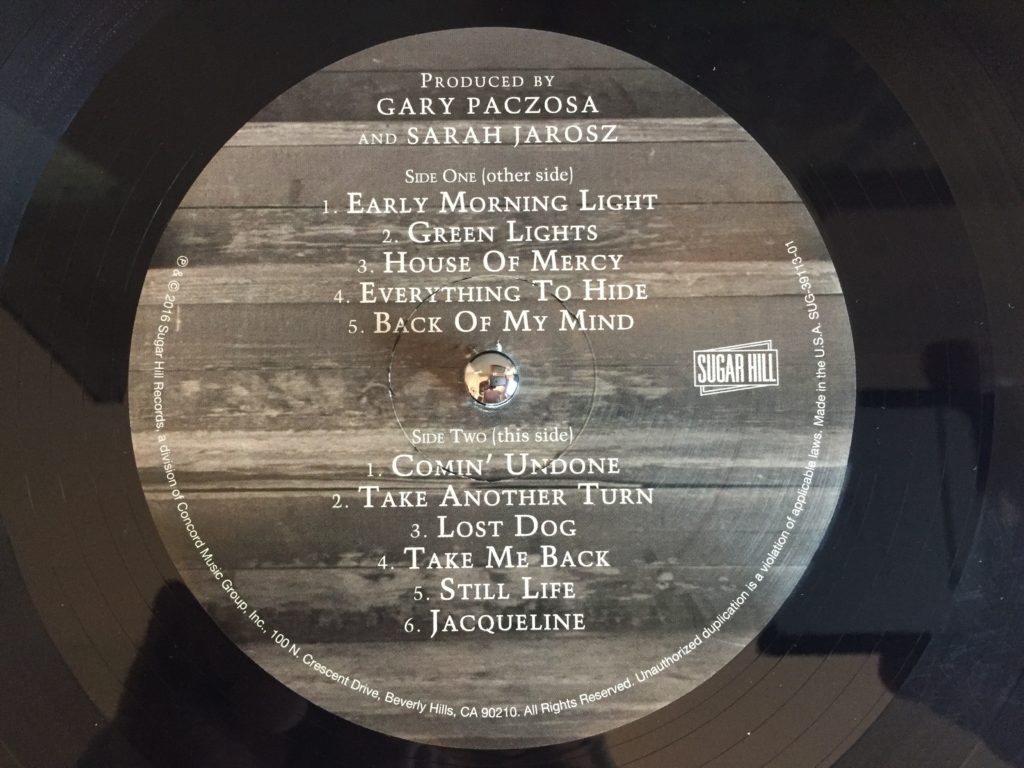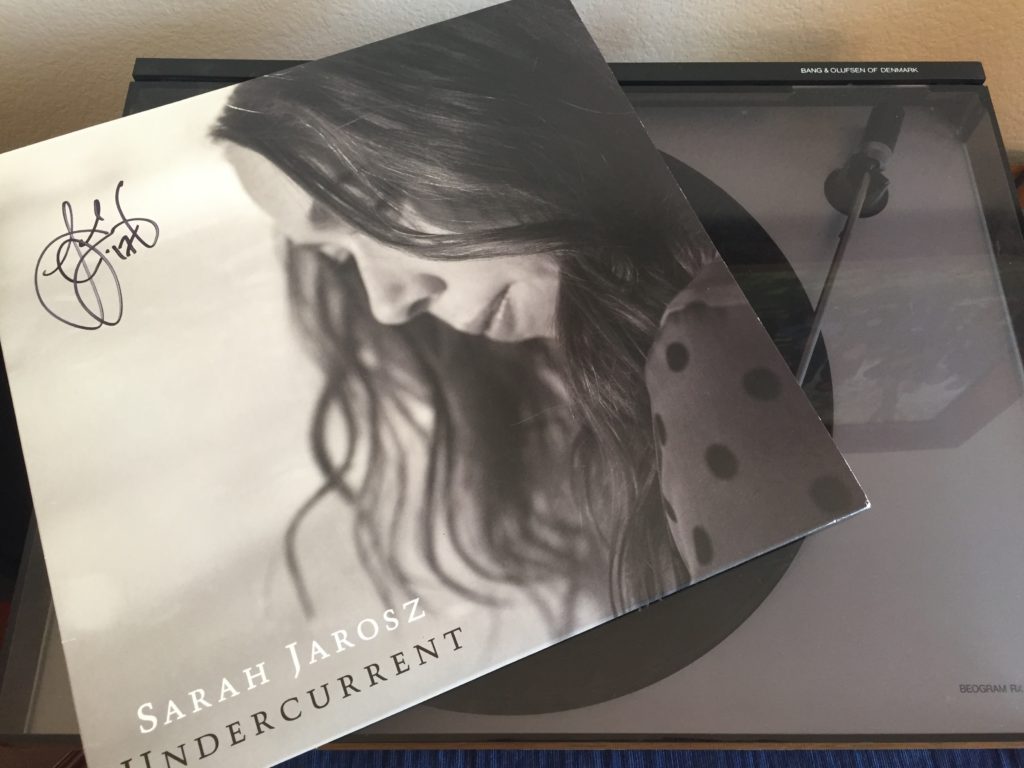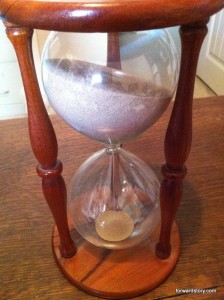
Nostalgia.
What is it?
Dictionary.com says it is
a wistful desire to return in thought or in fact to a former time in one’s life, to one’s home or homeland, or to one’s family and friends; a sentimental yearning for the happiness of a former place or time”
Nostalgia can be unhelpful, even dangerous. For example, it is not good if all you ever do is wish for the past and use that to avoid the responsibility of the present and future. That type of nostalgia is not what I have in mind.
Nostalgia can be a good thing when it reminds you of some happy or important aspect of your story. Benjamin Franklin said “Dost thou love life? Then do not squander time, for that is the stuff life is made of.” When we look back on the way things were at some earlier stage of life, we are looking back on our time and how we spent it. Hopefully we did not squander it. This type of nostalgia is a type of remembering. It can be a way of remembering important values and practices.
Most of us get nostalgic when looking at old photos or watching old family movies, but it can happen at a moment’s notice in other ways as well. One of the pleasant surprises that I have experienced over the last few years is the revelation that one of my favorite musical artists is actually the niece of one of my former high school teammates. I get some degree of satisfaction knowing that I was a fan of her music before I knew who her uncle was. The fact that her uncle is David just makes it all the more enjoyable to me.
The artist is Grammy award-winning singer-songwriter Sarah Jarosz.
A couple of years ago we attended her concert in Austin. We got to meet her and tell her of my connection with David. For some reason that night I bought her latest album in vinyl instead of CD. I cannot explain why I did that because we had not had our old turntable set up and working for over twenty-five years.
More recently it was our pleasure to meet Sarah’s parents, Gary and Mary, as well. They are lovely people enjoying their daughter’s immense talent along with the rest of us.
This past weekend I dusted off the old stereo equipment, bought some new speakers and speaker wire, and connected the turntable. The first vinyl I played? You guess it – Undercurrent, Sarah’s LP (that stands for “Long Play” for you whippersnappers) that we bought that night.

This vinyl recording is new so it is missing the signature pops and crackles of an old dusty record, but it still takes me back to the day when this was how music was enjoyed. It reminded me of Darrell Starnes and the parties at his house. It reminded me of Guy Anderson and his love for music. It reminded me of strobe lights, black lights, the robot, and the friends I grew up with at a place and time that had a lot of good things about it. It was not perfect. That is one of the dangers of nostalgia – it often conveniently glosses over and idealizes a previous era.
So it wasn’t perfect, but it was pretty good. Music was a big part of it, as it is for every generation from Big Band to Hip Hop. My friends and I were all adept at playing vinyl records, both 33 and 1/3s and 45s (look it up). My parents before me even played 78s. We all knew how to operate the equipment and where to buy the new albums.
There is something wonderful about the fact that my return to vinyl was inspired by a young artist who was not yet even born the last time my turntable was in operation. I am glad I did not toss our large vinyl collection. I am eager to break out the old stuff. To my friends from school I want to challenge you to find your old turntable and set it up. Bring out Black Sabbath, Kiss, Aerosmith (no, the old Aerosmith), Four Tops, the Eagles, and that other stuff that had your parents convinced you would never amount to anything.
Whether vinyl means anything to you or not, I want to encourage you to reflect on those good moments and people in your life and to enjoy the good things you have experienced. Perhaps consider if that simpler time has some values that you can import into your family in the present and future. If not, just smile at the good memories.
For your enjoyment here is Sarah’s “House of Mercy” video from the LP Undercurrent:
A question for you vinyl-era folks: What is the first LP you will play when you get that turntable set up?
I want to close with a disclaimer. For many people the past is not a happy repository of wonderful things to recall. For many the past is a painful reminder of tragedy, regret, and even evil. Because of this fact, I urge caution (and in many cases professional help) for delving into those types of hurts from the past.













